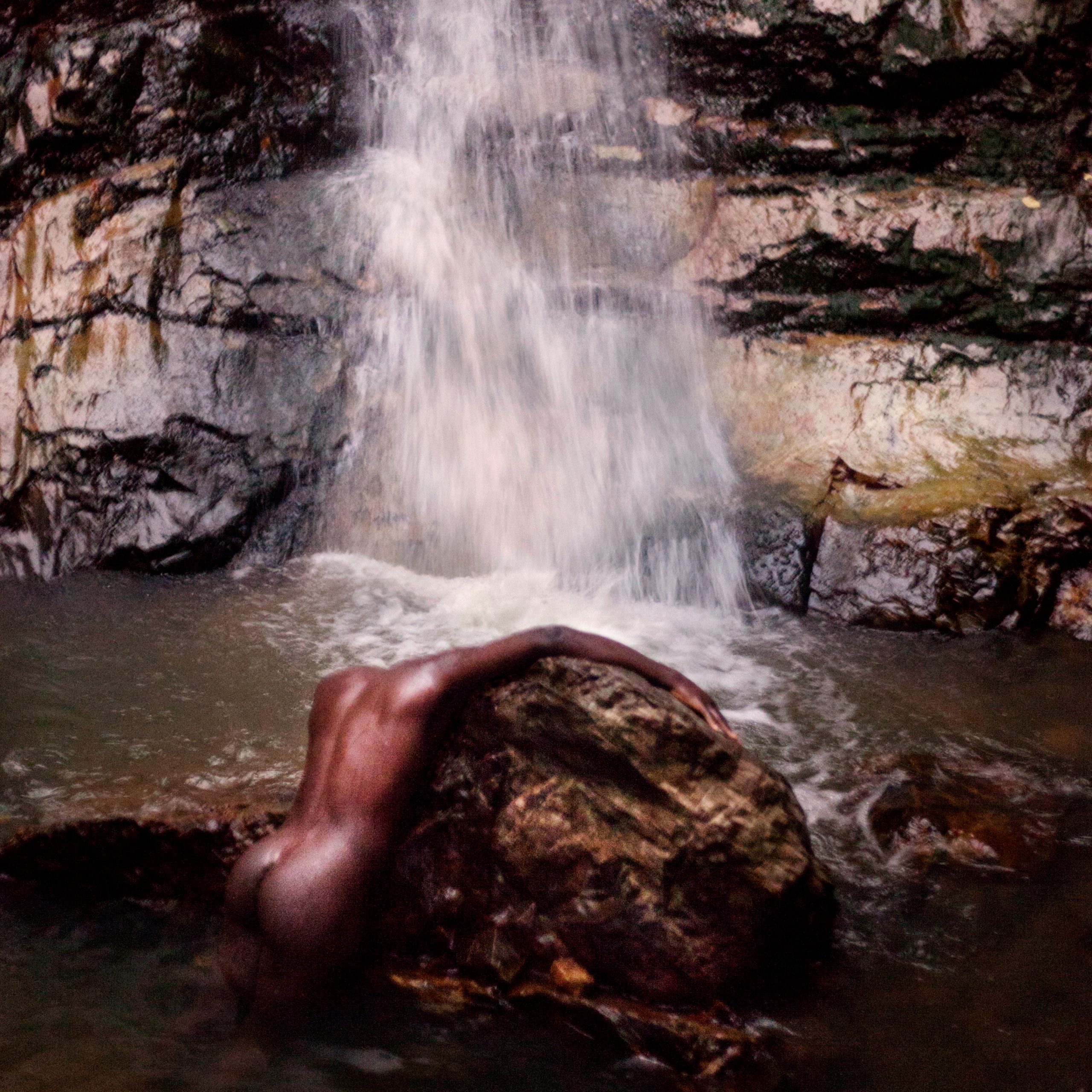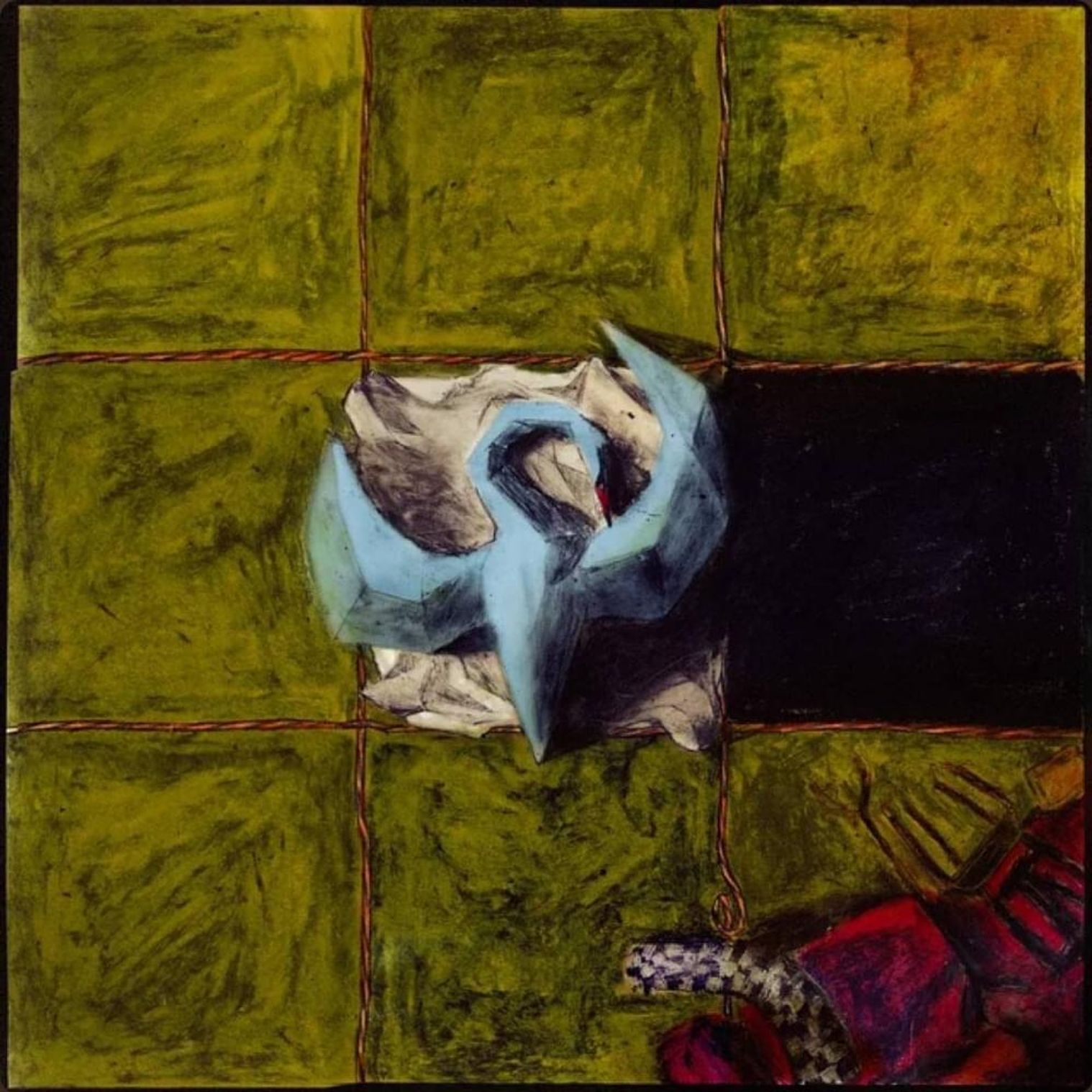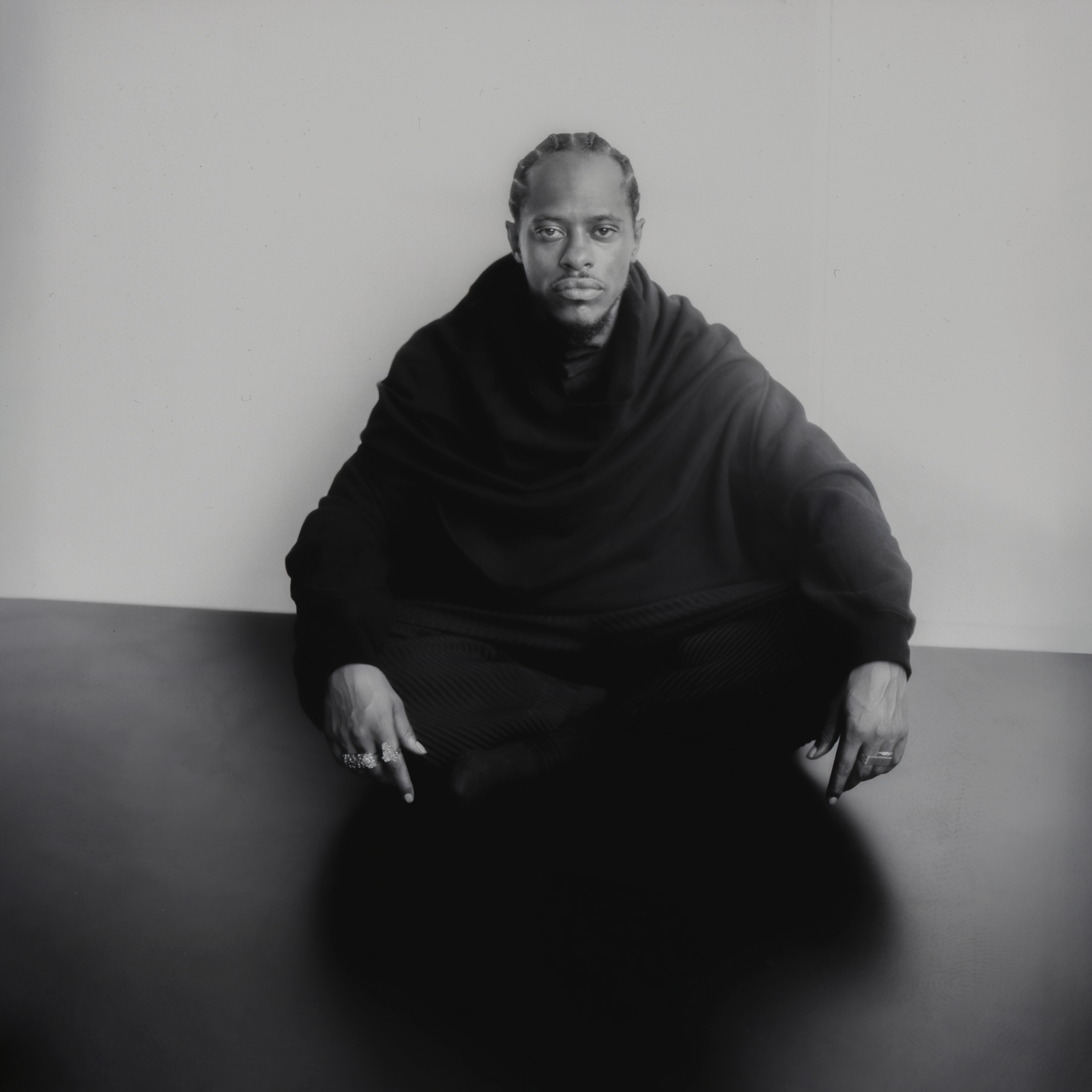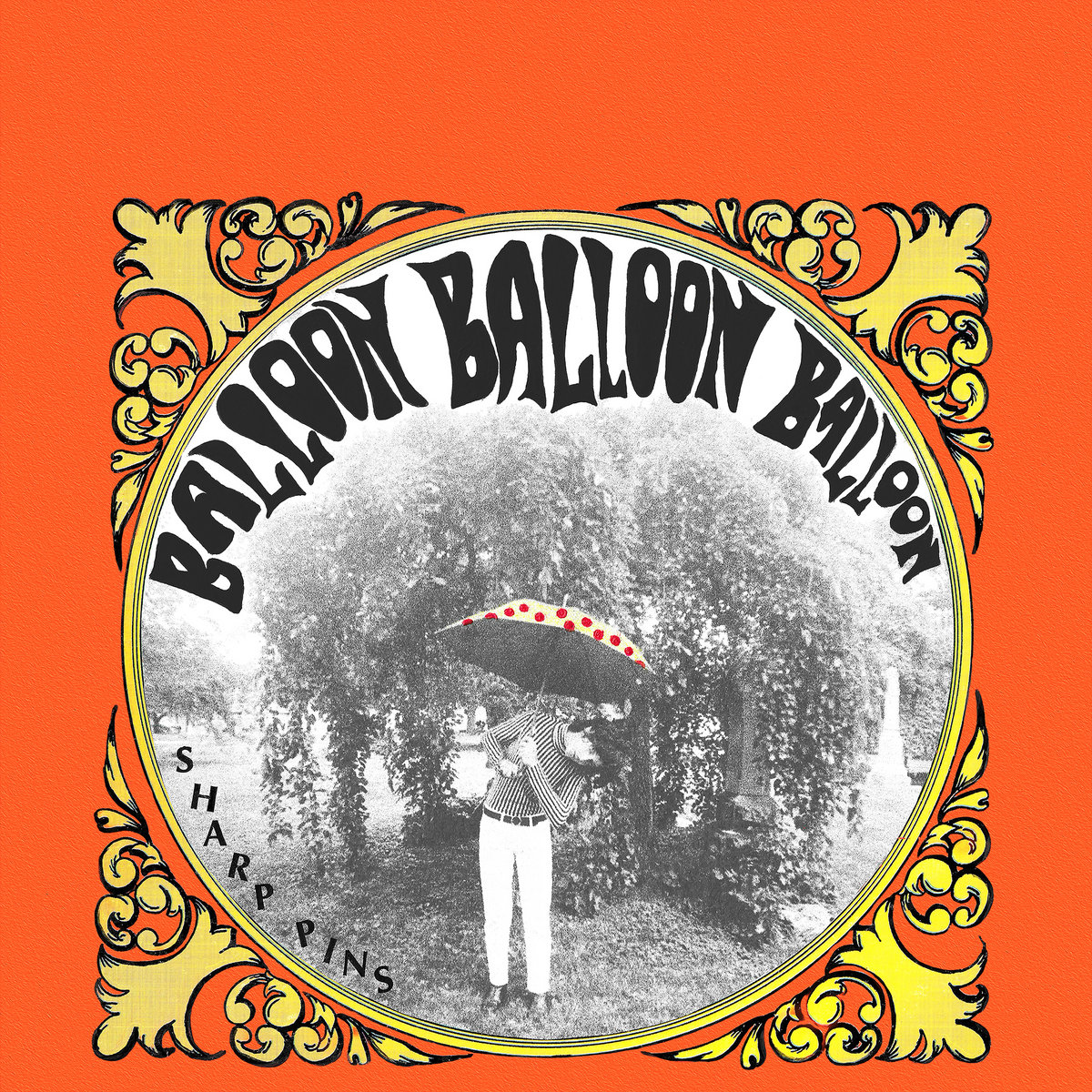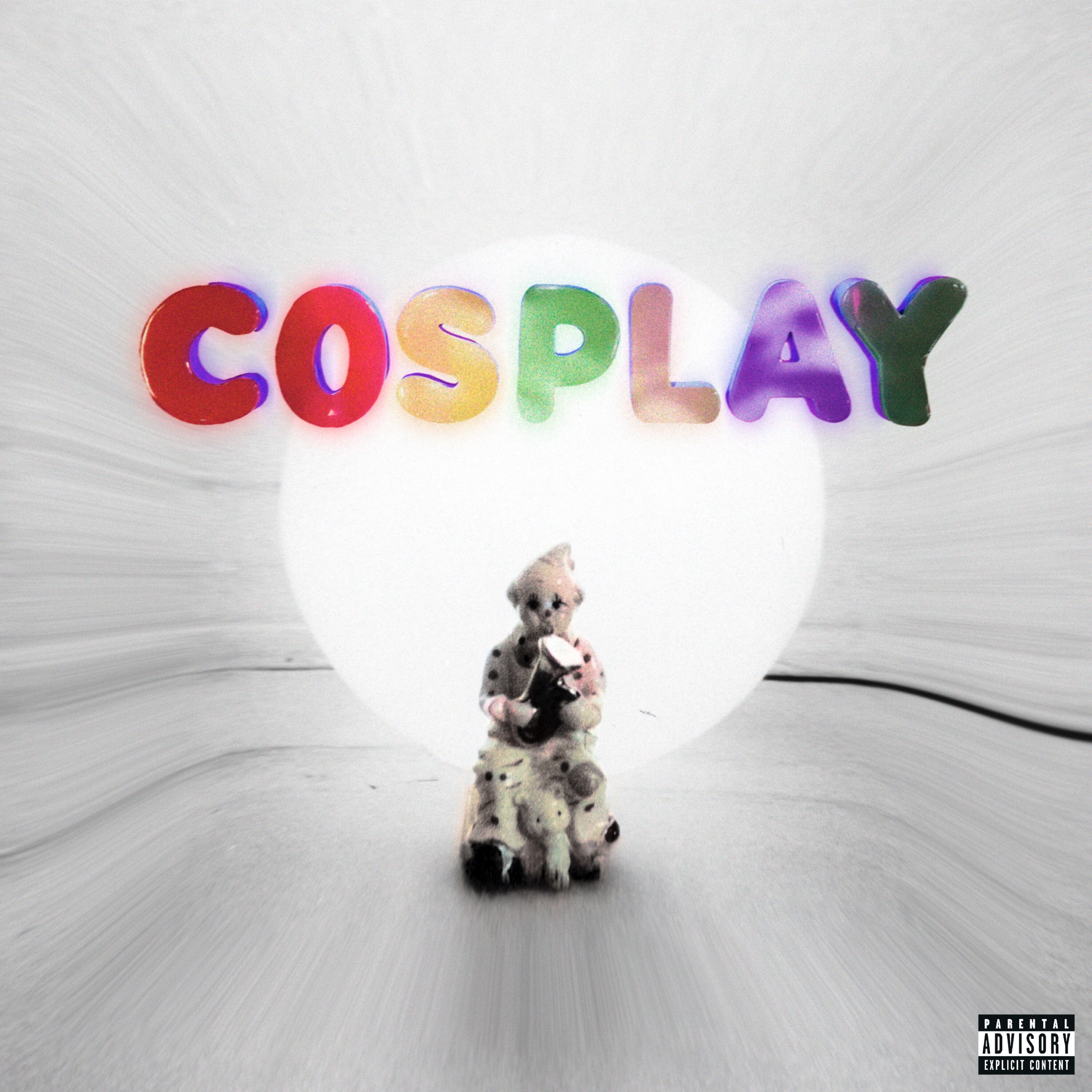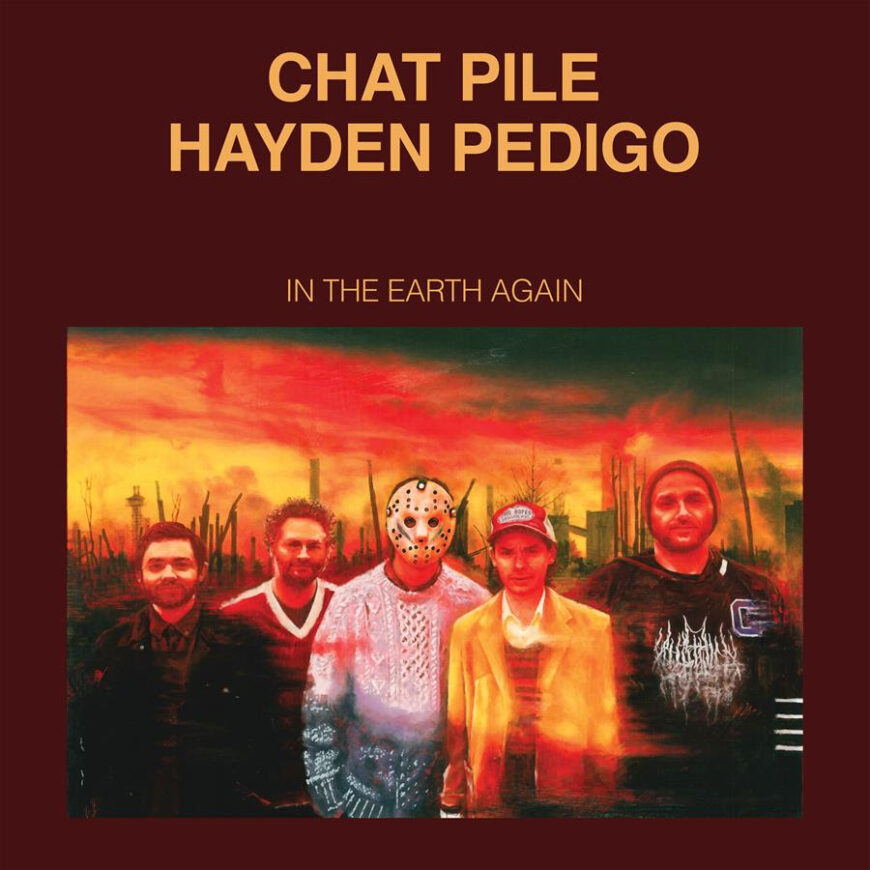"I insist upon my right to be multiple. Even more so, I insist upon the recognition of my multiplicity. All things encompassed in one." The writer, photographer, and speaker Taiye Selasi recites these words in one of several appearances across Moses Sumney's new double album, græ, on an interlude titled "also also also and and and." Selasi continues, "I really do insist that others recognize my inherent multiplicity. What I no longer do is take pains to explain it or defend it. That is an exhausting, repetitive, and draining project, to constantly explain and defend one's multiplicity. So I've reached a point where I am aware of my inherent multiplicity. And anyone wishing to meaningfully engage with me or my work must be too."
Over the years, Selasi has spoken thoughtfully about rejecting labels and categorizations. She was born in London to parents from Ghana and Nigeria; she was raised in the Boston suburb of Brookline; she now considers herself local to Accra, Berlin, New York, and Rome. In a 2014 TED Talk, she responded to years of being described as "multinational" by questioning whether it was right to think of nations as constant, immutable entities: "Nike is multinational. I'm a human being... I'm not multinational. I'm not a national at all. How could I come from a nation? How could a human being come from a concept?"
It's easy to see why Sumney, who split his childhood between California and Ghana, was attracted to Selasi as a creative partner. Over the course of several attention-grabbing EPs and one spectacular full-length, Sumney has established a singular creative identity. His music does not belong to any one lineage, instead hybridizing a vast spectrum of influences in ways that pointedly defy categorization. Attempts to peg him -- as a chamber-folk balladeer or an artsy soul singer or an indie iconoclast or whatever else -- inevitably miss the mark. Sumney moves across cultural spheres with a grace betrayed by the unease that often creeps into his lyrics. His songs don't settle into familiar shapes or patterns. He sings in a scratchy falsetto that seems to fray at the edges; depending on which way he bends it, it can give you glimpses of Thom Yorke or Usher, Nina Simone or Justin Vernon. He stands alone.
That uniqueness has been Sumney's blessing and his curse. In career terms, he instantly stood out but struggled to be understood. "I was so confusing to people," he recently told Pitchfork. "They saw this tall black person who could be marketable, but sonically, people didn't know where to place me. My opinion was I didn't need to be placed. Like, 'I'll decide where to place me. Just give me a minute, stop blowing up my phone.'" His music has explored similar themes. Aromanticism, Sumney's 2017 debut album, delved deep into isolation: the ways exclusion and self-imposed solitude can feed off each other, what it means to be a whole person, whether romantic connection is an essential human experience.
His new double album græ brings a different perspective to similar concepts. With a downcast tone and song titles like "Doomed," "Lonely World," and "Don't Bother Calling," Aromanticism played like a lament. The new album is more like a manifesto: loud, proud, audacious. If the last one crept up on you, this one gets up in your face. The defiant spirit that animated his Black In Deep Red, 2014 EP two years ago is here blown out to epic proportions, Sumney showing us just how many forms he can take. As he put it while teasing this "maximalist" album two years ago, "Often it's more powerful to whisper than to scream. But also sometimes you just need to scream." Yet within the sprawl and the clatter, he finds ample space for the quietude that sometimes seems like his default state.
The concept is right there in the title: a color that symbolizes the absence of absolutes, itself blurred between two spellings, neither gray nor grey but some undefined essence in between. On the interlude "boxes," Selasi overtly rejects all those labels people have attempted to slap on Sumney: "The most significant thing that any person can do, but especially black women and men, is to think about who gave them their definitions and rewrite those definitions for themselves." The songs themselves proceed to dissect what it means to be a man, to be black, to be productive, to be alive. Closing track "before you go" quite literally poses the questions, "What does it mean to be in love? What does in love mean?" It ends with the only kind of resolution Sumney seems certain of: "When we die, we won't be together. You will never see that person again. Now go."
Yet if the Moses Sumney of græ remains resigned to isolation and liberated by self-actualization, he finds inspiration in his collisions with the outside world. Many of the album's songs are postmortems on relationships gone sour, Sumney using past encounters as a means of understanding himself and finding a better way forward. These accounts hint at a sexuality that also eludes simple definition; on the album's grand finale "Bless Me," Sumney sings, "Cupid has it out for me/ Gave me crooked alchemy/ Eros, oh god of flings/ Sees the beauty in all things." Elsewhere, he attests, "I'm not at peace with dying alone, but I am not at war either." On "Keeps Me Alive," he even admits he's driven by the search for someone who seems to complete him, albeit in a backhanded way that reduces such a partnership to "codependency."
The music of græ suggests there can be great value in coming together, at least for a while. Sumney recruited dozens of collaborators for the album, refracting his vision through various personnel combinations as if alternating accessories in his wardrobe. It's a time-honored method for creative visionaries seeking to tease out different sides of themselves -- Kanye West's album recording sessions come to mind -- and the ceaseless flow of inspiration pays dividends. Sumney wrote græ's first proper song, "Cut Me," with the art-rock experimentalists Adult Jazz, whose approach to reordering musical matter results in something like retro soul pulled inside out and stripped for parts. "Gagarin" finds a pitched-down Sumney vamping over a sample from the late jazz pianist Esbjörn Svensson, tension building as the track is swallowed up by noise. Xiu Xiu's Jamie Stewart plays organ on "Bless Me," contributing to the song's majestic swell. James Blake helped to craft the haunting, minimal "Lucky Me," while Jill Scott recites the interlude "jill/jack."
Other members of Sumney's entourage are threaded through multiple tracks, matched with a mix of disparate collaborators, a recurring cast that includes veteran indie rock producer John Congleton, bassist Shahzad Ismaily, guitarist Mike Haldeman, Matthew Otto of Majical Cloudz, novelist Michael Chabon, actor Ezra Miller, and others. The album's finest sequence brings together a dream team including the noise-rock band Yvette, bass virtuoso Thundercat, Son Lux drummer Ian Chang, and Oneohtrix Point Never's Daniel Lopatin, who essentially serves as Sumney's right-hand man throughout the project. The two-song suite this unit created together moves from the thunderous, apocalyptic "Virile" (a thrilling deconstruction of black masculinity) to the throttling, hallucinatory "Conveyor" (a sonic deconstruction every bit as thrilling).
The percussive bombast that powers those songs is mostly reserved for græ's first half, which saw release back in February. Much of this week's second installment retreats into shapeless reverie, Sumney opting to whisper more often than he screams. The landscape behind him continues to shift on these songs, but even tracks that bloom into grand climaxes, like "Two Dogs" and "Me In 20 Years," tend to be slower and less overtly rhythmic. It adds up to a more demanding backstretch, as if Sumney knows he has seized your attention and is now challenging you to listen more closely. Or maybe after part one's fireworks, a sequence of ballads like these was simply a necessary expression of his versatility, an active retrenchment of the album's core truth: There is only one Moses Sumney, but he contains multitudes.
grae is out 5/15 on Jagjaguwar. Pre-order it here.
[videoembed size="full_width" alignment="center"]https://youtube.com/watch?v=9GeAoj-nxLk[/videoembed]
[videoembed size="full_width" alignment="center"]https://youtube.com/watch?v=-Cq8zRq0G9I[/videoembed]
[videoembed size="full_width" alignment="center"]https://youtube.com/watch?v=D386dU9thiA[/videoembed]
[videoembed size="full_width" alignment="center"]https://youtube.com/watch?v=dta4heZacZE[/videoembed]
Other albums of note out this week:
• Perfume Genius' stupendous slow burn Set My Heart On Fire Immediately.
• Jason Isbell & The 400 Unit's righteously rootsy Reunions (which saw early physical release last week through indie shops only).
• Charli XCX's quarantine-made How I'm Feeling Now.
• The Magnetic Fields' quintuple-album Quickies, on which no song is longer than three minutes.
• I'm Glad It's You's cathartic emo level-up Every Sun, Every Moon.
• Young Chicago rap god Polo G's THE GOAT.
• Virgina screamo upstarts Infant Island's gargantuan Beneath.
• Melvins frontman King Buzzo's new solo album Gift Of Sacrifice.
• Jess Williamson's magically inclined Western folk-rocker Sorceress.
• Kaitlyn Aurelia Smith's experimental electronic opus The Mosaic Of Transformation.
• Sadboi rapper Yung Lean's Ariel Pink-featuring Starz.
• Thao & The Get Down Stay Down's thoughtful and vibrant indie rock set Temple.
• Veteran cult favorites Sparks' latest weirdo offering A Steady Drip, Drip, Drip.
• Public Practice's artsy post-punk debut Gentle Grip.
• Retirement Party's pop-punk collection Runaway Dog.
• The Sleaford Mods compilation All That Glue.
• Finnish hardcore greats Kohti Tuhoa's Elä Totuudesta EP.
• Finnish singer ALMA's debut album Have U Seen Her?
• Noah Cyrus' The End Of Everything EP.
• Moby's All Visible Objects.
• Bon Jovi's 2020.
